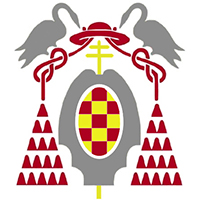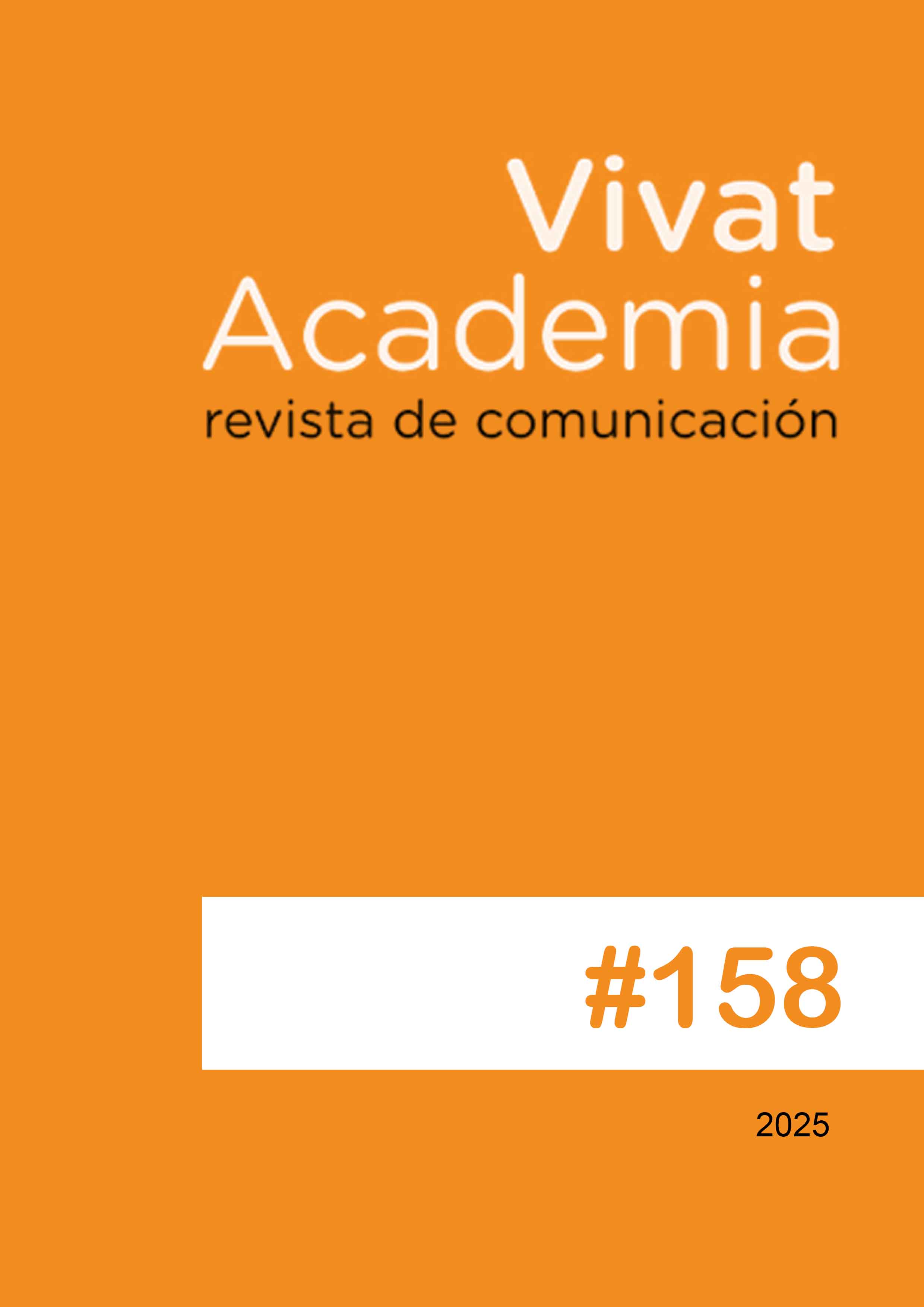PRESENTATION
Vivat Academia, founded in November 1998 with ISSN 1575-2844 and continuously published since then, is a scientific journal of open access, free of charge, and non-commercial nature. It holds the vice-deanship among Spanish university electronic communication journals. The journal specializes in various thematic areas classified by (UNESCO codes: 591002, 531101, and 611401, as well as Universal Decimal Classification codes 378.4, 654.19, and 659 (see Focus and Scope).
LANGUAJE: The journal is bilingual in Spanish/English and presents all its articles in the original language (Spanish -official language-, Portuguese, Italian, or French -accepted languages-) and their translation into English. If English is the original language, a Spanish translation is provided.
FRECUENCY: Starting from 2021, we have implemented continuous publication, uploading articles individually in electronic format for free access as the editorial process is completed. However, despite this continuous publication dynamic, articles are grouped each year and correspond to a specific volume, making organization and referencing easier. Additionally, we have the option to publish special monographic issues addressing current or highly relevant topics for the university community, complementing our editorial offering.
OBJECTIVES AND AUDIENCE: Vivat Academia aims to publish original and unpublished research. Its target audience includes researchers and academics who contribute with their work to advancing knowledge in the specialized fields covered by the journal.
GRATUITY: Our journal is open access and non-commercial, ensuring that both publication and article reading are completely free. Furthermore, to broaden the reach of our content, we offer a free translation service from Spanish to English, Portuguese to Spanish and English, and vice versa. This initiative aims to facilitate access to research and contribute to the dissemination of knowledge in various languages at no cost to our authors and readers.
| Edited by | Collaborating entities: | |||
 |
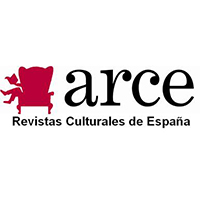 |
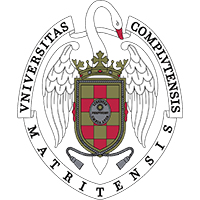 |
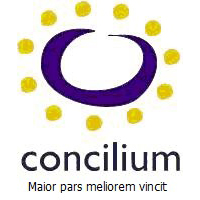 |
|
|
|
||||
Current Issue
Número 158 (2025)

